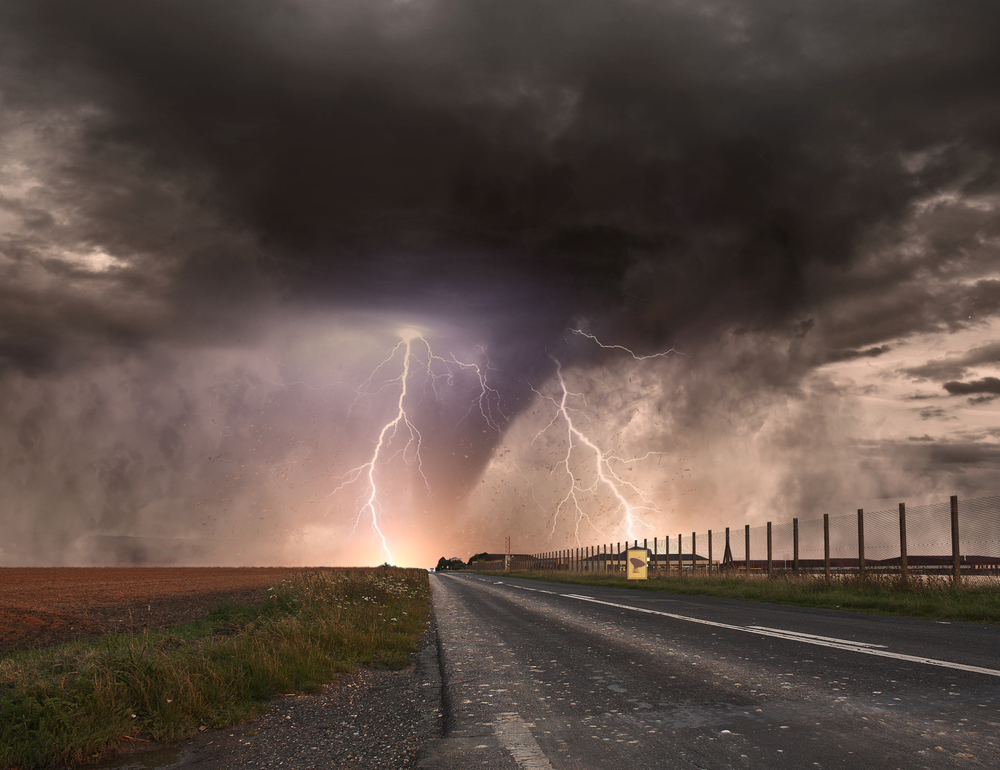I confess. I don’t now, nor have I ever had an emergency fund. And I’m ok with that.
It used to be a constant source of shame and frustration for me. After all, I had worked for years in the financial services industry and it was swallowed as an indisputable truth that everyone should have an emergency fund of 3 to 9 months of expenses.
But I didn’t.
Why did I struggle so much with this idea? I had other forms of savings – retirement savings, and money set aside to fund my kids college. Why couldn’t I ever get and keep an emergency fund?
Then It All Changed
The switch was flipped. The job I used to love started falling apart. Everything about it started to annoy me. I was worn down and worn out by the whole thing. It was painful to walk into the office. My breathing became more labored as I approached door. The elephant would sit on my chest until long after I got home. And then I had to do it again the next day.
I needed to get out. The sooner the better. I asked myself, what would need to be different for me to walk out the door with no plan B?
I needed FU money.
And BOOM! As soon as I started calling it FU money, everything changed. That flipped the switch in my head. Suddenly money was piling up in my account as if some magic fairy had put it there.
Connecting To My Goal
My income hadn’t changed, but my clearly defined goal and motivation had. And that goal was so connected to how I wanted my life to be in the future that it wasn’t magic at all really. It was clarity. The tradeoffs became crystal clear. Impulse shopping was no temptation to give up on my freedom goal.
Savings only happens when you connected to your future goal. Click To TweetReflecting on this now, I see so clearly what got in the way of having an emergency fund.
Who the heck wants an emergency? What kind of calamity would require me to have 3 to 9 months of expenses piled up? Why am I planning for that in my life?!?!?!?!?
We are hard wired to seek pleasure. Planning for an emergency is the opposite of that for most people. Sure, there is some segment of the population that finds great pleasure in being prepared for an emergency. It ignites their need for security. Those people have an emergency fund.
But what about everybody else?
Studies have shown that 46% of people couldn’t put together $400 to cover an emergency, not to mention 3 to 9 months of expenses. An it wasn’t just people on the lower end of the income scale. Even 19% of those with incomes greater than $100,000 reported they couldn’t come up with that amount. Seriously.
Financially Fragile Is No Way To Live
Too much of my life, I lived in a financially fragile state. I’m not advocating for that. I want more for you. But I want something that actually works. Financial decisions are alway about tradeoffs. For me, it was connecting to a future version of my life. One that I believed was possible…….not some nameless emergency that I hope never happens. What do you want for your future?
Life Is Random and Uncertain
Shit happens. We don’t like to think about it, or plan for it, but it will happen. Some of that shit might legitimately be called an emergency. But it can also just be variance from your plan. Anything involving the future is unknowable and can’t be planned for with precision. Having flexibility with your plan can make your more robust. The more flexibility you have, the more robust you become. For me it means having capital set aside for options and opportunities.
Creating Options and Opportunities
I will never call my option and opportunity money an emergency fund. They are fundamentally different. The emergency fund is something you only use for emergencies. You hope you never use it. I think about money set aside for options and opportunities as working capital. Money I could use at any point in time to make my life better today, or to create something for my future. It’s money that is waiting for the right opportunity.
I Want An Anti-Fragile Financial Future
Nassim Taleb coined the term anti-fragile. It’s a state where you actually become stronger and thrive when exposed to volatility, randomness, disorder and uncertainty (real life!). To be honest, I don’t know if I will ever be at that point. Nor am I sure what path will take me there. My strategy right now is what he calls the barbell strategy. Simply put, on one end of the barbell you have assets that are super safe. The other end then allows you to take asymmetrical risks with potentially large payoffs.
Not Just Financial Capital
But what if you haven’t built your financial capital? Knowledge, skills and relationships are legitimate forms of capital that can make you more robust or even anti-fragile. Scott Adams advocates skill stacking. Cal Newport recommends developing rare and valuable skills. Jon Acuff talks about the importance of career capital.
Building assets is an important part of financial health. But there are many paths you can follow. The most important thing is to do what works for you and keep moving forward.
Comments
Share this Post


